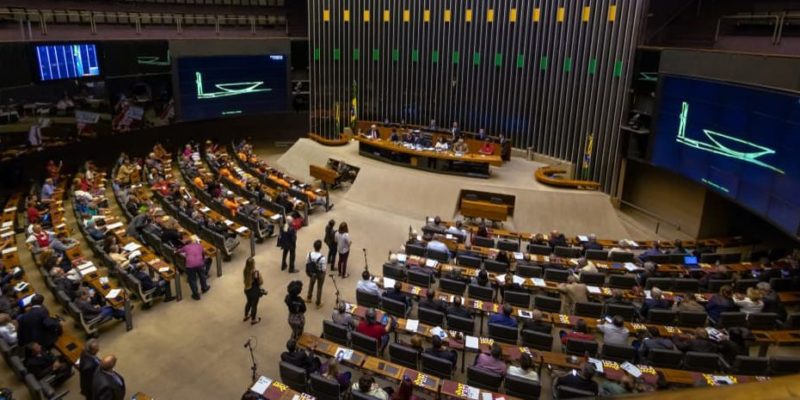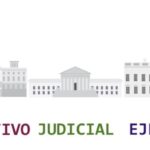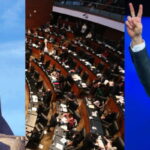We explain what the legislative branch is, who makes it up, its functions, powers and other characteristics.

What is the legislative power?
The legislative power or legislature is one of the public powers, that is, one of the three branches in which the power of the State is traditionally organized, along with the executive power and the judicial power.
Unlike the latter, the legislative power deals with the creation, modification and repeal of laws that govern society. It is also in charge of the State's budget administration and the granting of special permits to the executive branch.
The legislature is, above all, an instance of political negotiation, which constitutes the parliament (Congress, Assembly, etc.). It is a deliberative body in which the different political forces are represented. of the country that have voters large enough to participate through deputies and/or senators in parliament.
These officials, divided into one or two chambers (deputies in one and senators in the other) depending on the organization of the State of each country, are elected directly by the population.
The legislative power was contemplated in Montesquieu's classic theory of the separation of powers, whose purpose was to avoid tyranny. It had its most significant antecedent in the National Assembly established by the insurgent forces during the French Revolution of 1789, and which later gave rise to the National Constituent Assembly.
See also: Legislation
Characteristics of the legislative branch
The legislatures They can be very different depending on the country in its name, size or composition, in accordance with the prevailing legal system.
For example, the National People's Congress of China has 2,987 members, while the Pontifical Commission for Vatican City State has 7. Obviously, The larger your attendance, the more difficult it will be to establish agreements. since parliament is supposed to be a representative entity of the different wills of the sovereign people.
The legislative power can be:
- Single chamber. It is made up only of deputies.
- Bicameral. It is made up of deputies and senators, whose functions are distributed and differentiated, usually to give greater power to the latter.
Cases of tricameral assemblies are rare and are in disuse.
Who makes up the legislative branch?
The legislative power It is made up of popularly elected officials. They generally belong to the political parties of society or to independent organizations that support them.
These officials usually form “banks”, that is, groups of legislators organized according to their political affiliation and interests, to try to exert pressure on others and get the resolutions that interest them most to be approved.
Furthermore, these legislators can come from very diverse strata, with or without previous political experience, in accordance with the regulations contemplated in the National Constitution in this regard. The enormous importance of this public power is due to the fact that it reflects the plurality and diversity of the population. That is why it is the scene of debates, fights and also agreements and negotiations.
Functions and powers of the legislative branch
The exact powers of a parliament are contemplated in the legal system and are guarded by the judiciary, who must ensure that what is prescribed in the Constitution is complied with. Thus, generally the functions of parliament are the following:
- Write new laws to legally address the realities that are occurring in the country.
- Modify or repeal laws that have become obsolete, that hinder the work of the State or are considered unfair.
- Monitor the national budget and approve or deny the executive's requests in this regard.
- Choose the political authorities of other organizations assigned to the legislative branch, such as electoral committees or even appointing judges of the judicial branch, with the approval of the executive.
- Interpellate or politically prosecute officials of the executive and the legislature itself, in case it is considered necessary to carry out some type of investigation. It could also lead to the dismissal of the official.
- Grant special permissions or powers to the executive in certain situations.
Other public powers
Along with the legislative power, the traditional conception of public powers contemplates:
- Executive power. He is in charge of taking the wheel of the State, making the political decisions that are pertinent. Its main figure is the president or prime minister of the country, along with ministers, governors, mayors and other personal positions of public election.
- Judicial power. It ensures compliance with the law, both by the other two public powers and by citizens. He is in charge of interpreting the constitutional text in its original spirit. It is made up of hierarchically organized courts. The judges that comprise it are not elected by the population.
document.addEventListener(“DOMContentLoaded”, (e) => {
var sliderContainer, slider;
sliderContainer = document.getElementById(‘block_70864ea39bfe1791d2c4414cdbb7aba1’);
if (typeof initSlider !== ‘function’) {
console.log(‘Swiper haven\’t been loaded’);
sliderContainer.className += ‘ fw scroll-snap’;
return;
};
options = {
direction: ‘horizontal’,
speed: 1000,
slidesPerView: ‘auto’,
// slidesPerGroup: 1,
centerInsufficientSlides: true,
// centeredSlides:true,
spaceBetween: 15,
breakpoints: {
720: {
// centeredSlides: false,
// slidesPerGroup: 2,
spaceBetween: 25
},
},
pagination: {
el: ‘.swiper-pagination’,
type: ‘bullets’,
clickable: true
},
}
slider = initSlider(sliderContainer, options);
})
References
- “Legislative power” in Wikipedia.
- “Legislative power” (video) on CNTV Infantil.
- “Legislative power” (video) on Canal Encuentro (Argentina).
- “Legislative Branch of Government: Definition, Power & Function” on Study.com.
- “Legislature” in The Encyclopaedia Britannica.





